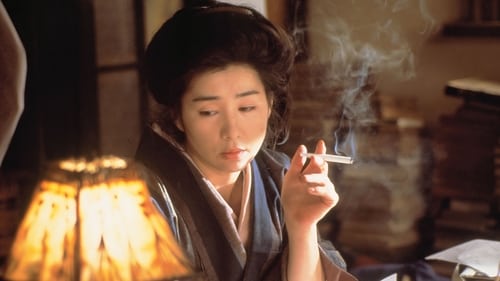
Original Story
Set in the Taisho era, which might be regarded as Japan's Hippie Phase, Hana no ran is a story about fashionable people without impulse control. Much of the action centers on a popular woman writer, the real-life poet Akiko Yosano, and her experiences among the literati of early 20th century Japan. Because of her independent, anti-war and often erotic poetry, she was a lightning rod for revolutionaries and other extremists, many of whom were destined to glamorous, yet ultimately pointless, deaths. The closest parallels might be the Byron/Shelley group or the people drawn to the Beat Generation.
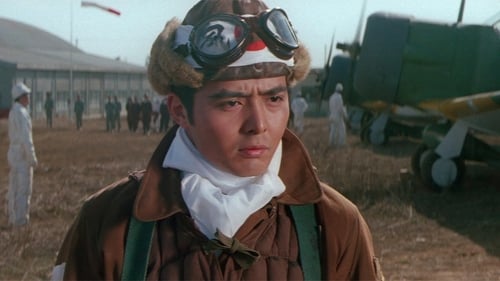
In 1943 Japan is facing defeat. This makes Shinkichi, a straight, selfless student-patriot, ever more restless. He can no longer stand his soft "behind-the- gun" role of munition factory worker. School-mates one after another are going to the front, where he feels he should be. The last straw is an official report of his father's death in the Battle of Attu in the Aleutian Islands. He rushes to the naval air corps training camp at Tsuchiura along with his close school-mates Naito, Yamada, Saito and Tagawa as Volunteer pilot trainees leaving his mother and sweetheart weeping and helpless.
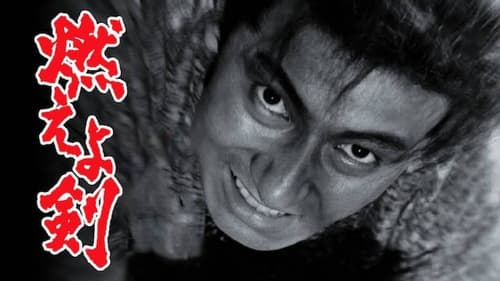
Set during the last days of the Tokugawa (Edo) Period, Moeyo-ken tells the story of Hijikata Toshizo and the Shinsengumi. Hijikata Toshizo is a samurai eager to test his skills and sword and make his first kill. The dojo he belongs to practices the Tennen Rishin style and teaches this to farmers. Not considered real samurai by other dojo's, they receive a request for a duel by a rival dojo practicing the Kogen Itto style. Sohaku Rokusha, a teacher there, challenges them and fights with Hijikata Toshizo. The outcome of the fight creates a deadly animosity between them that lasts through the ages.
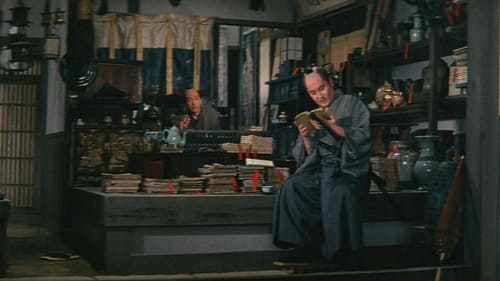
Three stories revolve around independence, a man searching for his wife, and a poor craftsman trying to make money.
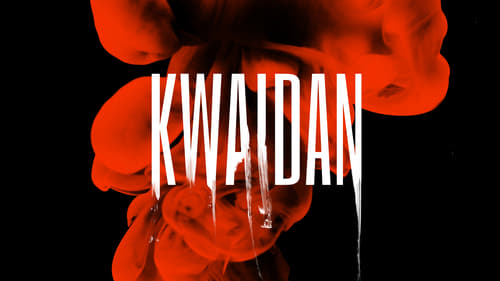
(segment "Miminashi Hôichi no hanashi") (uncredited)
Taking its title from an archaic Japanese word meaning "ghost story," this anthology adapts four folk tales. A penniless samurai marries for money with tragic results. A man stranded in a blizzard is saved by Yuki the Snow Maiden, but his rescue comes at a cost. Blind musician Hoichi is forced to perform for an audience of ghosts. An author relates the story of a samurai who sees another warrior's reflection in his teacup.




